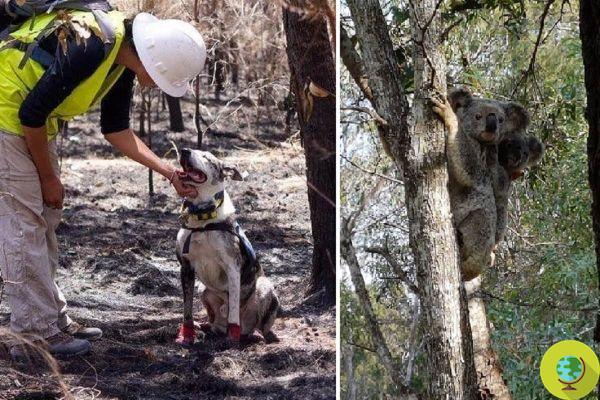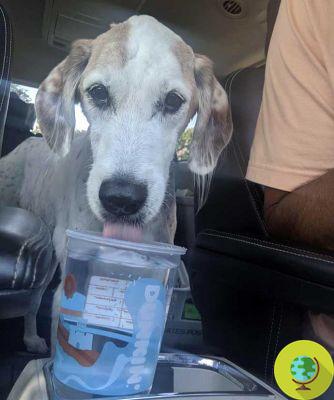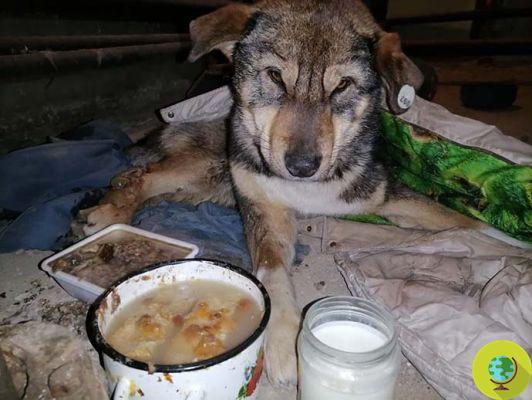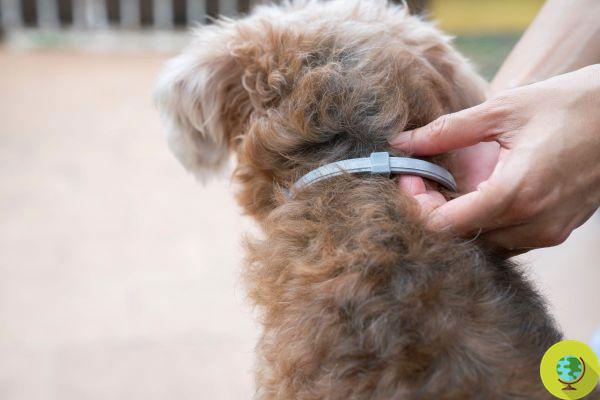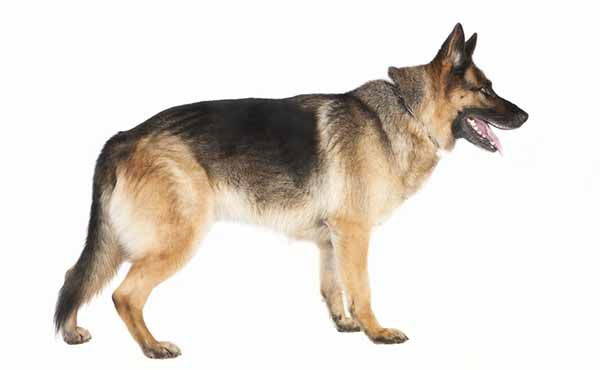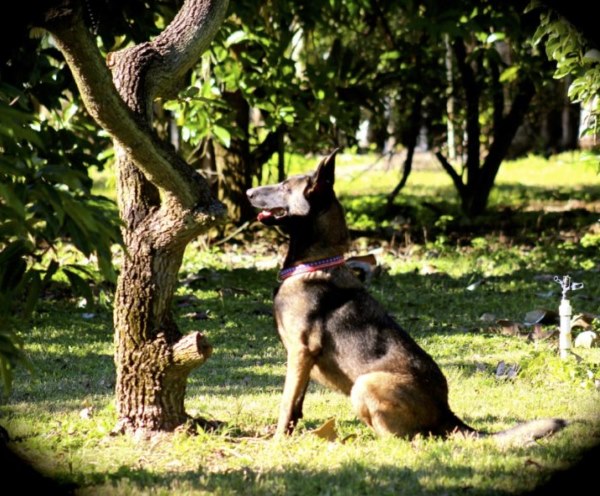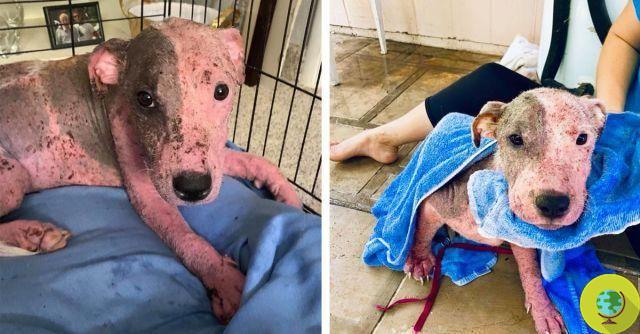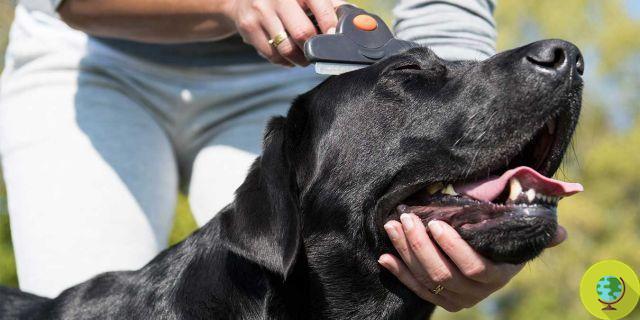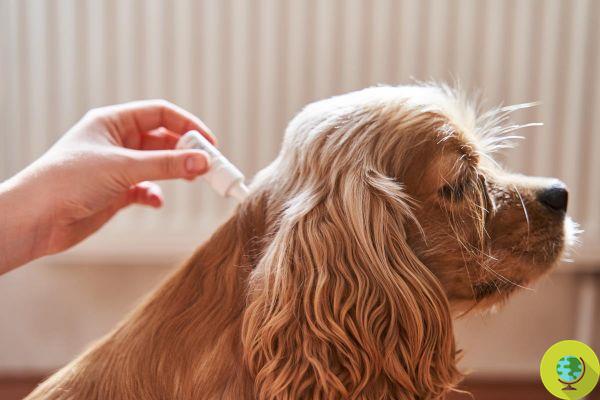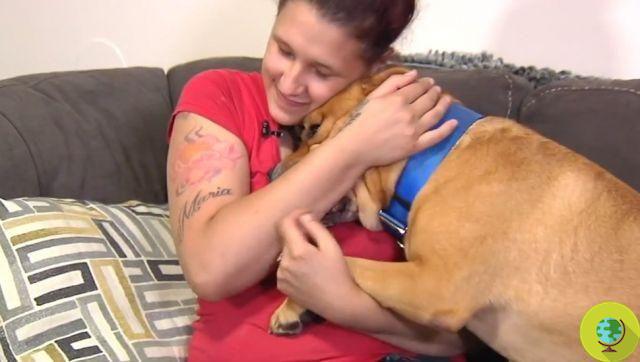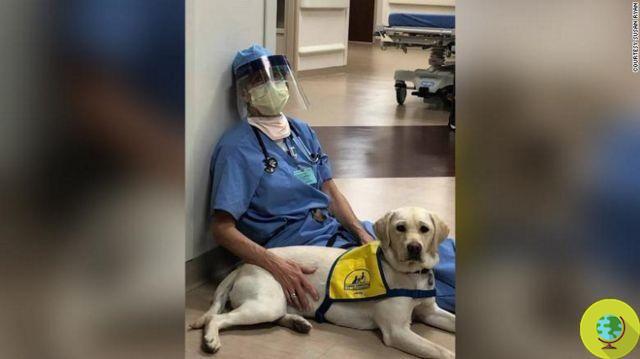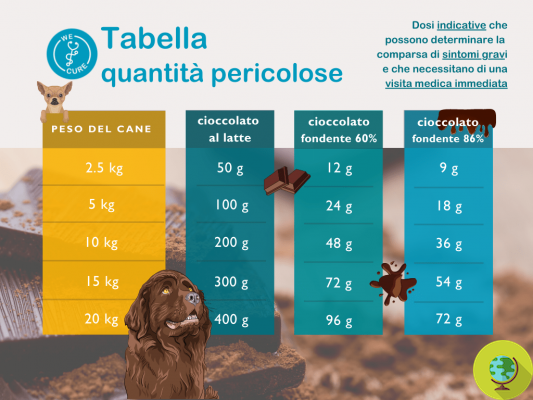
At Christmas in our homes the consumption of chocolate increases and even our 4-legged friends can find it easily and, greedy as they are, eat it. However, veterinarians warn to pay close attention: this substance is dangerous for dogs and there is a high risk of poisoning.
He is about to end up run over, his mother saves him
At Christmas in our homes increases the consumption of chocolate and even our 4-legged friends can find it easily and, greedy as they are, eat it. However, veterinarians warn to pay close attention: this substance is dangerous for dogs and there is a high risk of poisoning.
A study, published in the British Veterinary Association's official journal, Veterinary Record, found hundreds of cases of dogs needing veterinary care after stealing chocolate during the Christmas season. In fact, during the holidays, dogs would have a much higher chance of eating chocolate and consequently of getting sick.
According to electronic health records from over 200 veterinary practices analyzed in the research (around 10% of the total number in the UK), chocolate poisoning is four times more likely at Christmas than any day of the year. The risk was halved at Easter, while there were no substantial differences between Valentine's Day and Halloween.
Younger dogs were more likely to steal chocolate and get sick. In most cases, only small amounts were consumed.
Researchers at the University of Liverpool say dog owners need to be aware of the high risk and take extra steps to protect their four-legged friends around Christmas. They therefore warn to be careful and to spread the message that sweets should be kept out of the reach of their pets. In fact, even small quantities can be extremely harmful.
Theobromine, a stimulant substance found in cocoa beans and similar to caffeine, is broken down more slowly by dogs. This can lead to problems such as increased heart rate, agitation, seizures, and occasionally even death. Vomiting is certainly the most common symptom of chocolate poisoning, followed by agitation and increased heartbeat.
If you have not been able to avoid the damage, or the dog has found and eaten the chocolate, you must immediately contact a veterinarian and try to make an estimate of the quantity and type of dessert taken.
Treatment for poisoning is highly dependent on the time that has elapsed since the dog ate the chocolate and the severity of the intoxication. For example, a drug may be given to induce vomiting and activated charcoal to stop further absorption of the toxic substance. Your dog may need fluid replenishing therapy and additional medications to combat the toxic effects on the heart.
In short, that tasty food, apparently harmless and particularly beneficial for us (in the case of dark chocolate) can be extremely dangerous for our animal friends. We pay attention and do not underestimate the problem.
On foods harmful to animals, you may also be interested in:
- 10 FOODS NEVER GIVE TO OUR DOGS
- FOOD FOR PETS: 4 DANGEROUS INGREDIENTS HIDDEN IN PET FOOD





